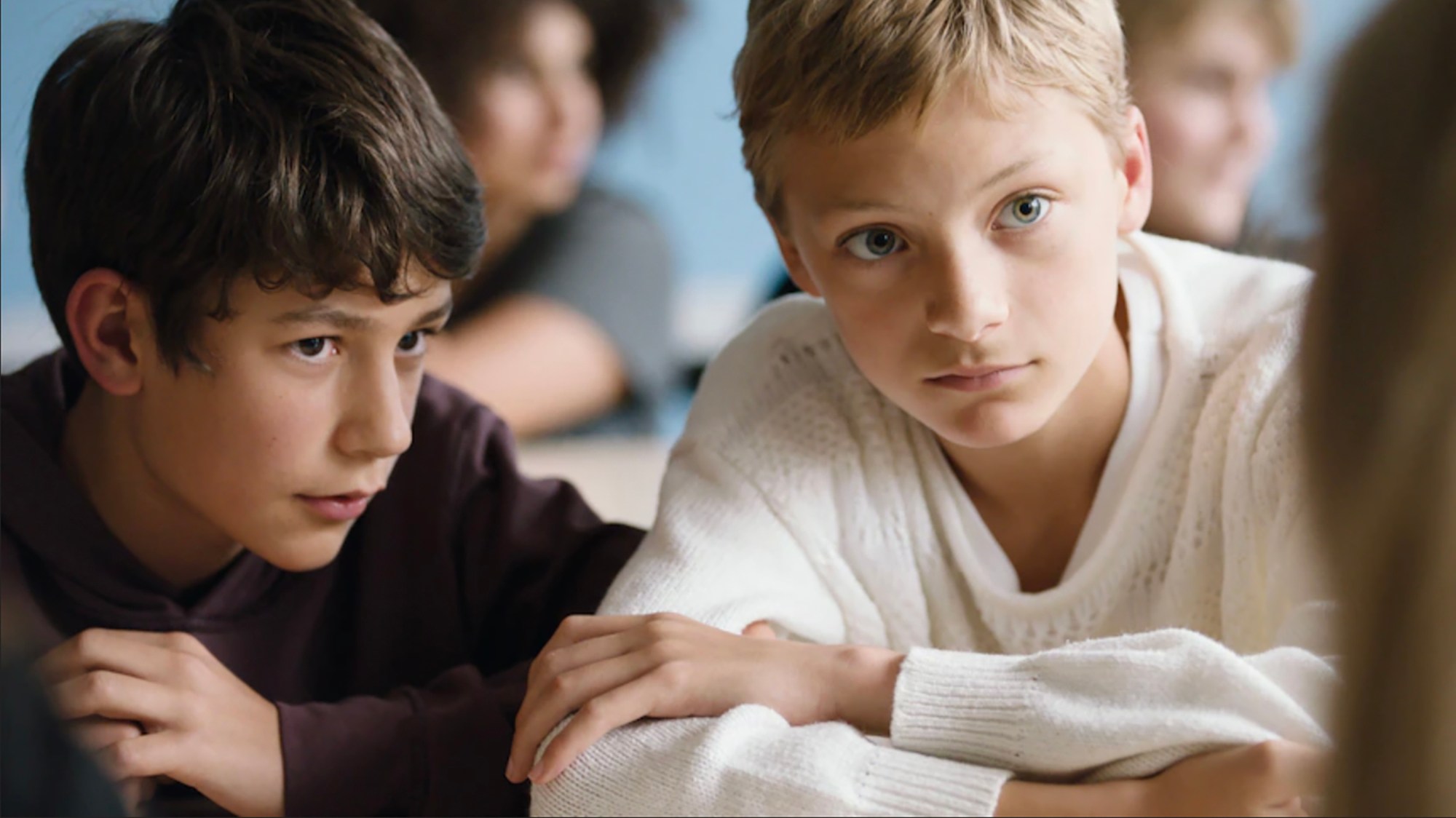
- Festivals
Belgian film “Close” took the biggest prize at Sydney Film Festival
Just a few weeks after receiving the Grand Prix at the Cannes Film Festival, the Belgium film Close, written and directed by Lukas Dhont, won this Sunday the biggest prize at Sydney Film Festival (SFF).
Close is the story of two male teens who attend secondary school in a rural town. They share a powerful and natural friendship that is tragically tested under the scrutiny of their classmates and the complexities that come along with growing up.
A poetic and intimate film, Close is Dhont’s second work. In 2018, the Belgian director won the Camera d’Or in Cannes with Girl. He was 27 years old.
Presenting the award during the closing ceremony on Sunday evening at the impressive State Theatre built in 1929, the jury, led by Australian actor-director David Wenham, stated that Close “displayed a mastery of restraint, subtle handling of the story, astute observations and delicate attention to finer details”.
“We wanted to make a film about friendship and connection after a moment in time when we all understood their necessity and power,” Dhont said while accepting the award through a video feed broadcast all the way from Greece.
Close is very personal to Dhont, who found inspiration when he returned to his elementary school and re-examined his early male friendships and sexuality: “The memories came flooding back of going to school at that time when it was really tough to be my true, unfiltered self,” he said in the film’s press notes.
Eleven additional movies, exhibited to enthusiastic audiences from June 8 to 19, competed for the Sydney Film Prize. They were: Alcarràs (a co-production from Spain and Italy that garnered the Golden Bear for Best Film at this year’s Berlinale); Before, Now & Then (Indonesia); Blaze (Australia); Burning Days (Turkey); Fire of Love (USA-Canada); Godland (Denmark); Return to Seoul (France, Belgium, and Germany); The Box (Mexico, USA); The Quiet Girl (Ireland); Utama (Bolivia, France, Uruguay); and You Won’t Be Alone (Australia).
This year’s 69th SFF took place, as is normal, in theatres packed to full capacity. The event was online-only in 2020. In 2021, due to COVID-19, it had to be twice postponed. It was finally able to run in November.
SFF is one of the world’s longest-running film gatherings and a major event on the New South Wales cultural calendar. The promise remains unchanged: “The world’s best, strangest, and most exciting cinema comes to Sydney.” The festival’s ambition has always been international but the spirit is proudly local: “We acknowledge Australia’s First Nations People as the Traditional Owners and Custodians of the land and pay respect to the Gadigal people of the Eora Nation, upon whose Country SFF is based. We honor the storytelling and culture of Aboriginal and Torres Strait Islander communities across Australia.”
Although the festival launched in 1954, the Sydney Film Prize has only been awarded since 2008. In those previous thirteen years, two of the winners subsequently won the Golden Globes in the Best Foreign Language Film category: A Separation (Asghar Farhadi, 2011), and Parasite (Bong Joon Ho, 2019).
Alongside president David Wenham, the internationally recognized Official Competition’s 2022 jury members were: BAFTA-nominated writer and director Jennifer Peedom (Australia); writer-director-producer Mostofa Sarwar Farooki (Bangladesh), Berlin Golden Bear-winning writer-director-producer Semih Kaplanoğlu (Turkey); and the Executive Director of the Kawakita Memorial Film Institute, Yuka Sakano (Japan).
This is the complete list of awards SFF 2022:
● Sydney Film Prize: Close, directed by Lukas Dhont.
● Sydney UNESCO City of Film Award: Winner: composer Caitlin Yeo.
● Documentary Australia Award for Australian documentary: Keep Stepping, directed by Luke Cornish.
● Deutsche Bank Fellowship for First Nations Film Creatives: Kylie Bracknell.
● Sustainable Future Award: Delikado, directed by Karl Malakunas.
● Dendy Awards for Australian Short Films: Luisa Martiri and Tanya Modini for The Moths Will Eat Them Up.
● Rouben Mamoulian Award for Best Director Short Films: Luisa Martiri and Tanya Modini for The Moths Will Eat Them Up.
● Dendy Awards for Australian Short Films – Yoram Gross Animation Award: Jonathan Daw and Tjunkaya Tapaya for Donkey.
● Dendy Awards for Australian Short Films – AFTRS Craft Award: Jonathan Daw and Tjunkaya Tapaya for Donkey.